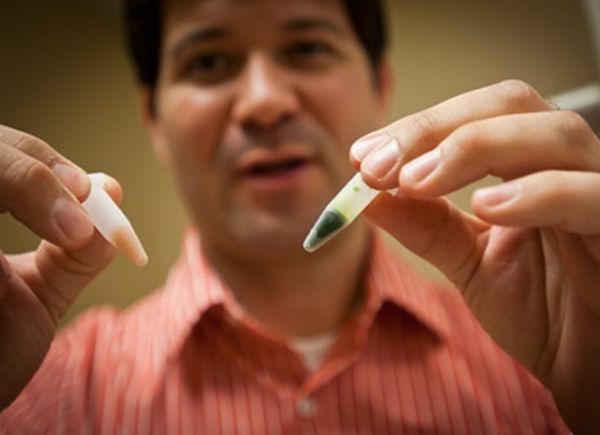
Scientists have since long been trying to generate alternative sources of energy and one such source of energy that has evoked interest due to its potential, is hydrogen, as it can not just generate electricity in a fuel cell but also power a vehicle in a carbon neutral and renewable way. Different kinds of cyanobacteria and algae have long been known to use solar energy to split water molecules for obtaining energy, thereby releasing hydrogen as a by-product. In a recent development, Shuguang Zhang from MIT in collaboration with Iftach Yacoby and Sergii Pochekailov discovered a method, whereby they could flip the organism’s compound of interest, thereby generating more hydrogen as compared to the sugars.
In a work that is soon to be published online in the Proceedings of the National Academy of Sciences, Zhang and his team, introduced into the liquid containing algae a multi-tasking bioengineered enzyme that suppressed the organism’s (read algae) sugar production capacity and instead encouraged it to produce more of hydrogen. Subsequently, it was observed that sugar production reduced to only as much as was needed, whereas the hydrogen production increased by almost 400 per cent. A first of its kind, this research indicated how using external means the reactions competing with each other within a micro-organism can be modified to suit humanity.
No doubt, the experiment is still in the laboratory stage and is a far cry from being developed on an industrial scale. But then, it has definitely provided a promise towards the development of a viable commercial system which can, if successful be used for the manufacture of hydrogen-fuel. Also, the fact that this system is bio-inspired and environmentally friendly with no production of toxins whatsoever makes it an even more viable solution towards helping sustain the ecosystem.
Via: MIT




